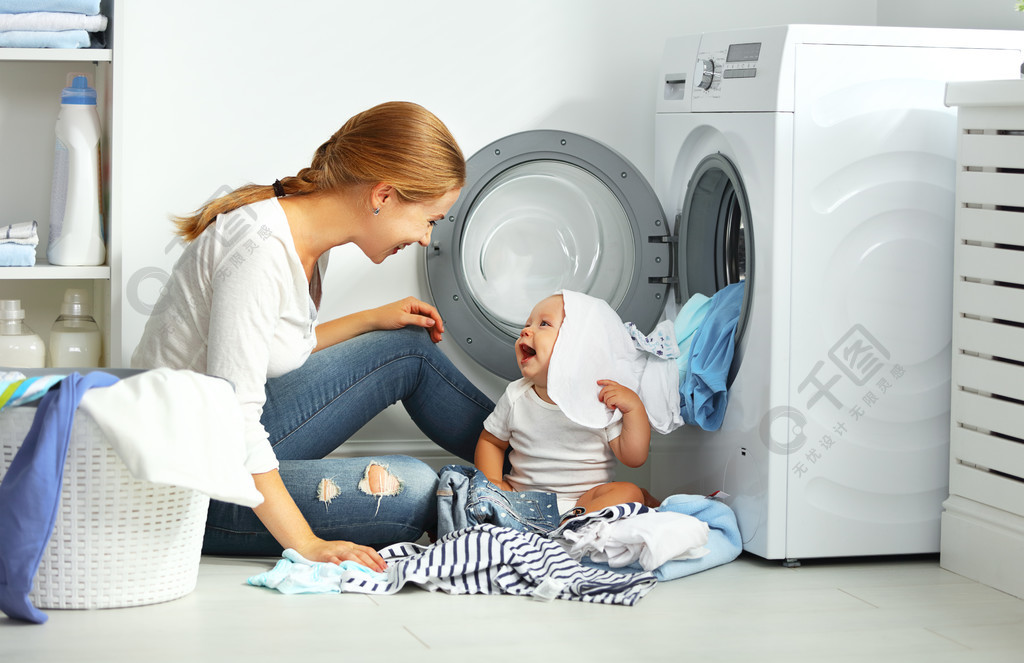After giving birth, Chinese mothers traditionally go through the postpartum confinement period known as “zuo yue zi.” Looking back on those days, many people found it challenging. In the traditional beliefs of the older generation, there are many taboos during the confinement month, such as not going out and not washing hair or bathing. However, not cleaning oneself for a month can be a real challenge for most new mothers. In modern scientific understanding, the concept of postpartum confinement has evolved, and it is acceptable to wash hair during this period. It is recommended to do so at least a week after giving birth, ensuring the water temperature is suitable to prevent catching a cold.
When taking a bath, make sure the bathroom is warm no matter the season since there will be lochia discharge postpartum. Therefore, it is recommended to shower to reduce infection risks. Opt for mild bath products specifically designed for mothers to be safe. For hair washing, use non-irritating shampoo for pregnant women or babies. Oily hair may require more frequent washing. After washing, make sure to thoroughly dry your hair to prevent discomfort caused by body heat loss due to water evaporation.
During the postpartum period, apart from personal hygiene, pay attention to lochia discharge and address any abnormal situations promptly to prevent infections. Maintain a light diet, avoid heavy supplementation, and consider consuming nutritious soups to supplement your diet. Avoid spicy or irritating foods since the mother’s digestive system is still recovering. Encourage breastfeeding as it enhances milk production and helps monitor breast health. Additionally, maintaining a positive mood is crucial. You can regulate your emotions by listening to relaxing music, communicating with family and friends, which aids in physical and mental recovery.
In summary, a scientific postpartum period involves timely and moderate personal hygiene, dietary adjustments, active breastfeeding, and maintaining a pleasant mood, all promoting quicker and better recovery for new mothers.


